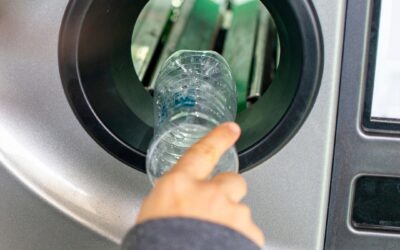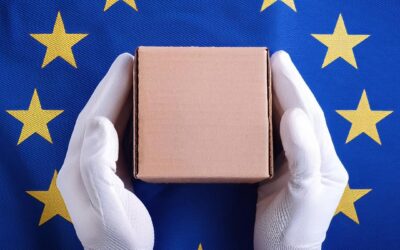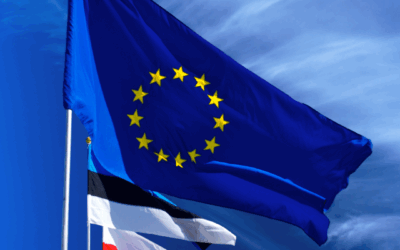EPR obligations in Poland: volume threshold and registration obligation

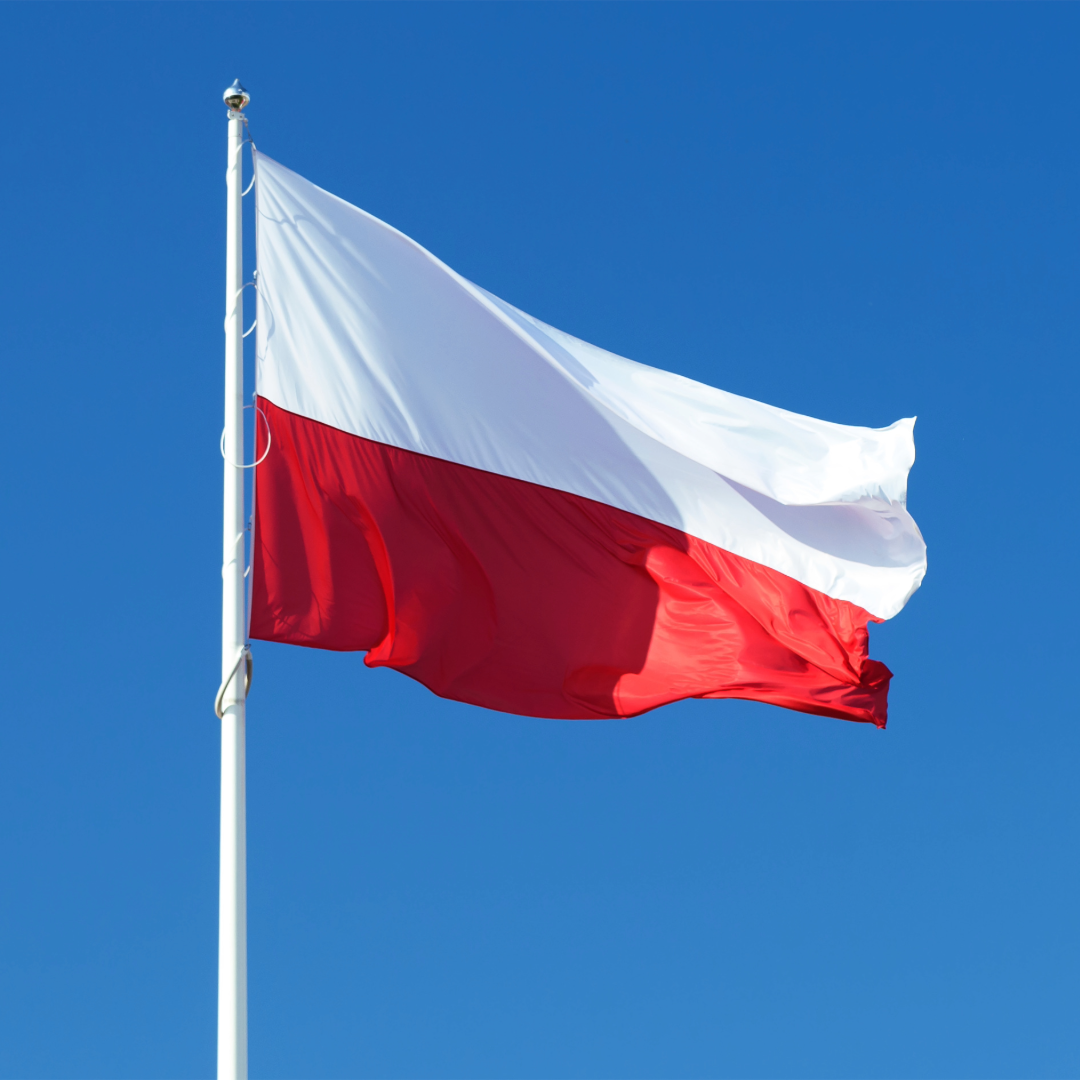

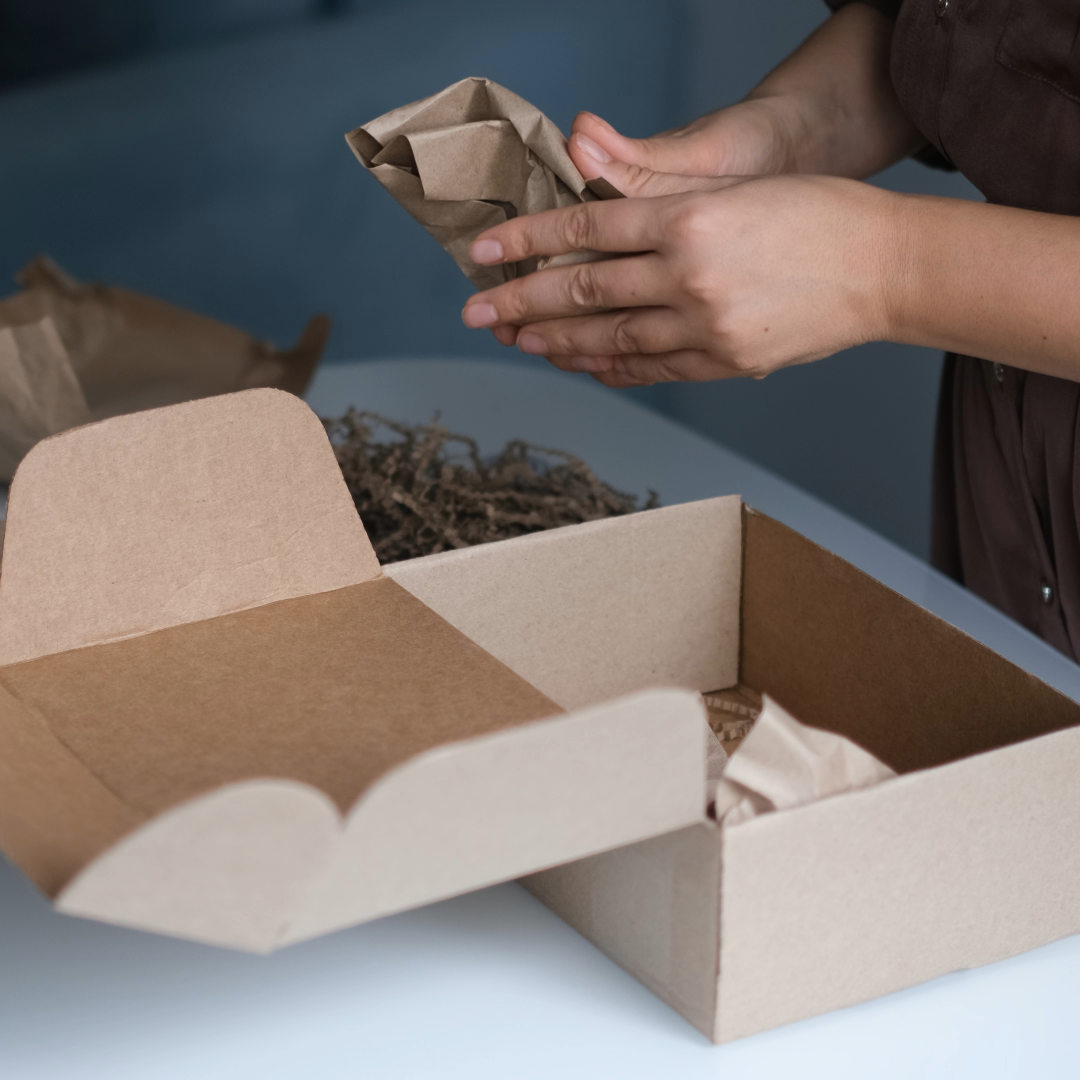
Since 13 June 2013, the handling of packaging waste in Poland has been regulated by the Act on Packaging and Packaging Waste Management (Journal of Laws 2019.542). Among other things, it sets out requirements for packaging, the handling of packaging waste and regulations regarding recycling fees.
This means that companies in Poland are subject to extended producer responsibility (EPR). The EPR regulations are intended to ensure that companies take responsibility for the disposal of their packaging and thus contribute to the promotion of the circular economy. The EPR entails obligations regarding the handling of a company’s own products and packaging. In the following article, we shed light on what you need to consider as a retailer on the Polish market.
The registration obligation in the BDO
In Poland, the Product and Packaging and Waste Management Database (BDO) ensures the collection of information on waste and the electronic processing of registration, recording and reporting obligations of companies. Registration with the BDO is mandatory for all retailers and manufacturers and has been carried out exclusively online using forms in Polish since 2020. The obligation to register with the BDO also applies without a quantity threshold and from the very first packaging placed on the Polish market.
For companies with a Polish branch, registration in the BDO is carried out via the Marshal’s Office of the Voivodeship in their region, for foreign companies at the Marshal’s Office of the Voivodeship in Warsaw.
The EPR obligations for packaging
The EPR obligations in Poland apply to all companies that import packaging and products in packaging. This includes producers and importers as well as online retailers. Companies are generally obliged to minimise the volume and weight of their packaging and ensure that their packaging waste is recycled. Materials subject to EPR include paper, cardboard, carton, steel, aluminium, glass, plastic and wood.
To be compliant in Poland, you have to register as a producer in the BDO. In addition, depending on the amount of packaging you put into circulation in Poland, you pay a so-called eco fee to your EPR system. The fees you have to pay depend on a volume threshold in Poland. The volume threshold determines the quantity of packaging put into circulation above which a company is obliged to make a contribution to packaging licensing.
EPR Annual Report
All domestic and foreign companies are obliged to prepare an annual report. Among other things, this must contain information on the weight of the recovered and recycled packaging and the degree to which it has been recycled.
However, the report does not necessarily have to be prepared by the company itself, but can be prepared by the organisation commissioned by the company to fulfil the EPR obligations.
Sanctions for failure to fulfil EPR obligations
Non-compliance with EPR obligations in Poland can have significant consequences for traders. Companies that fail to register or fulfil their other EPR obligations may face fines and administrative penalties, depending on the severity of the case. Timely and correct registration is therefore essential in order to be compliant and avoid possible sanctions.
By fulfilling your obligations, you not only ensure that you comply with the requirements of the EPR legislation in Poland, but also contribute to the promotion of the circular economy.

LIZENZERO.EU makes packaging compliance in Europe very easy.
Do you ship your products to different countries in the EU? Many different legal requirements and obligations can make the whole thing quite complicated – but don’t worry, we’ll do it for you. How do we do it? With our licensing service, we take over all obligations for you by power of attorney. Sounds good? We’ll be happy to advise you.
For shipping to Germany, you can easily fulfill your packaging obligations yourself via Lizenzero.de.
Deposit systems in the EU explained
Deposit systems show that simple solutions help to keep packaging in circulation and increase recycling rates. However, there are major differences within the EU: while countries such as Germany, Sweden and Finland have been using deposits for years and achieving high return rates, other Member States are still in the early stages.
Mandatory from 2026: The EU Authorised Representative for Packaging explained
Europe is an attractive but regulatory complex market. One of the more complex requirements is the appointment of an authorised representative (AR). The AR is the central interface between the manufacturer and the European market surveillance authorities. The authorised representative plays an important role in product safety and extended producer responsibility (EPR) and is therefore becoming increasingly important to ensure access to the market.
Authorised Representatives in Europe: Which ones are there and what do you need them for?
Europe is an attractive but regulatory complex market. One of the more complex requirements is the appointment of an authorised representative (AR). The AR is the central interface between the manufacturer and the European market surveillance authorities. The authorised representative plays an important role in product safety and extended producer responsibility (EPR) and is therefore becoming increasingly important to ensure access to the market.


